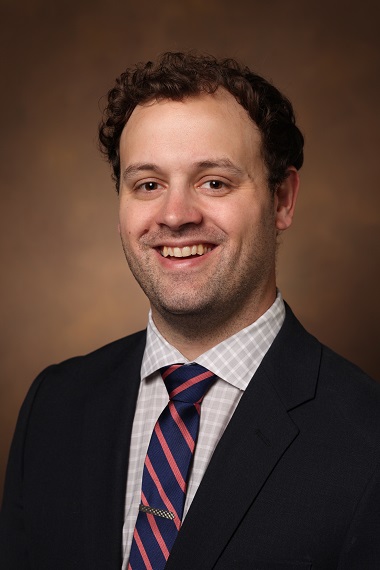
Ryan Belcher, M.D., M.P.H.
- Associate Professor of Otolaryngology
Ryan Belcher, M.D., M.P.H.
- Associate Professor of Otolaryngology
ryan.belcher@vumc.org
Research Program
Research Description
Vanderbilt-led team receives 2023 Endeavor Award from The Mark Foundation for Cancer Research
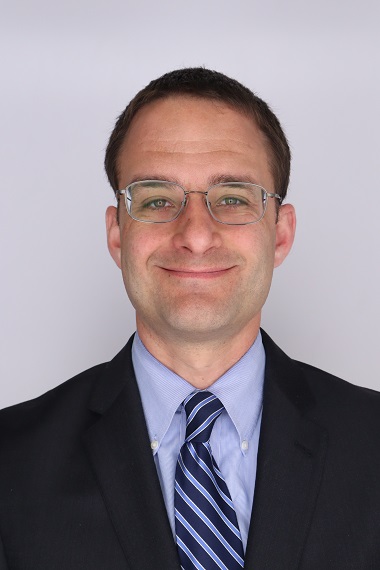
Brian Grieb, M.D., Ph.D.
- Instructor of Medicine
Brian Grieb, M.D., Ph.D.
- Instructor of Medicine
brian.grieb@vumc.org
Research Program
Research Description
About the V-EXCEL Program
Program Details
V-EXCEL program dates: June 2 - August 1, 2025
Leveraging the strengths of the Vanderbilt-Ingram Cancer Center, Vanderbilt University, and Vanderbilt University Medical Center, this program will immerse eight interns in a research laboratory for 10 weeks working with a Vanderbilt faculty member on a cutting-edge cancer research project.
Selected participants will receive a stipend of $5,500. Through this internship, participants will gain the knowledge, skills, and community to further their education and career in cancer research or medicine. In addition to their research, interns will participate in:
- Responsible Conduct in Research training
- An individualized research development plan
- Meharry Medical College (MMC)-Vanderbilt-Tennessee State University (TSU) Cancer Partnership (MVTCP) online modules
- Cancer Research presentation
- MVTCP Annual Research Symposium
- Career Path Lunch & Learn Sessions
- • Online resources from Vanderbilt University, Nature Masterclass
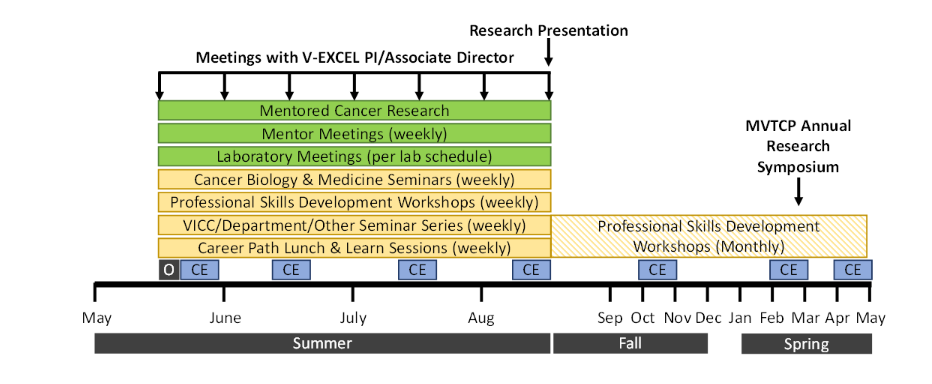
The activities after the summer session are not required. These include the Professional Skills Development Workshops, the MVTCP Annual Research Symposium, and Community Engagement (CE) events.
Eligibility
Eligible candidates for the V-EXCEL program will be:
- Rising sophomores, juniors or seniors pursuing full-time bachelor’s degrees from nationally accredited colleges or universities
- Able to commit to the full-time, 10-week summer program from May through August in Nashville, Tennessee
- In good academic standing with at least a 3.0 overall GPA
- Individuals who are interested in pursuing higher degrees and careers in science or medicine, with a focus on cancer, will benefit most from the program
Application Information
The summer 2025 application deadline is February 7 at 11:59 pm CST and includes the following materials:
- One-page statement of interest
- Copy of college transcript (does not need to be official)
- Two letters of recommendation
- Resume or CV
Apply here: https://redcap.link/2025VICCV_EXCEL
Contact
Please contact us at V-EXCEL@vumc.org.
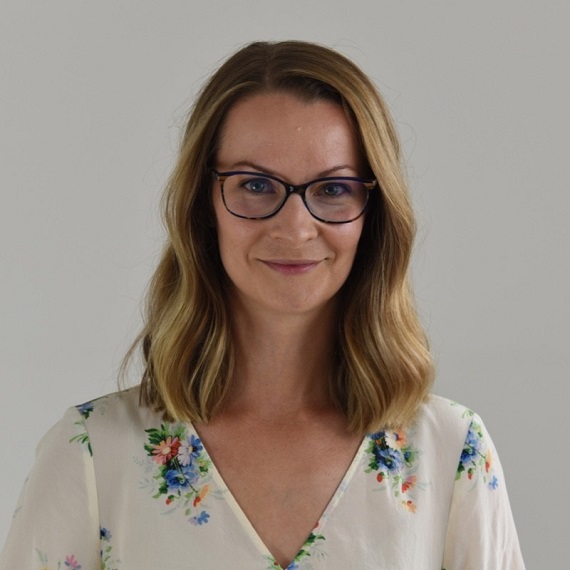
Janet Markle, Ph.D., M.P.H.
- Assistant Professor of Pathology, Microbiology, and Immunology
Janet Markle, Ph.D., M.P.H.
- Assistant Professor of Pathology, Microbiology, and Immunology
janet.markle@vumc.org
Research Program
Research Description

Krutika Patel, M.D., M.B.B.S.
- Assistant Professor
Krutika Patel, M.D., M.B.B.S.
- Assistant Professor
krutika.s.patel@Vanderbilt.Edu
Research Program
Research Description
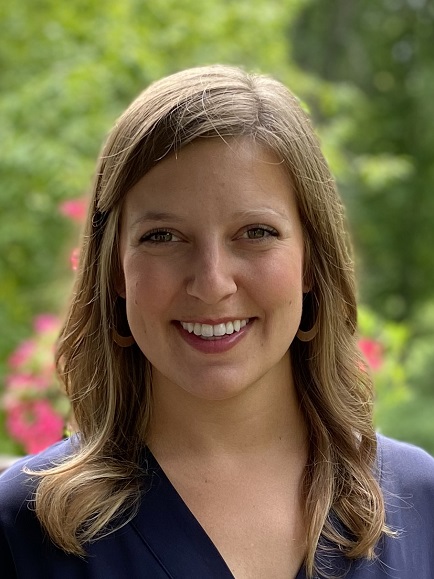
Megan Salwei, Ph.D., M.S.
- Research Assistant Professor of Anesthesiology
Megan Salwei, Ph.D., M.S.
- Research Assistant Professor of Anesthesiology
megan.salwei@vumc.org
Research Program
Research Description
Michael Dewan, M.D., M.S.C.I.
- Associate Vice Chair, Surgery
- Assistant Professor of Pediatrics, Hematology/Oncology
- Assistant Professor of Neurosurgery
Michael Dewan, M.D., M.S.C.I.
- Associate Vice Chair, Surgery
- Assistant Professor of Pediatrics, Hematology/Oncology
- Assistant Professor of Neurosurgery
michael.dewan@vumc.org
Research Program
Research Description
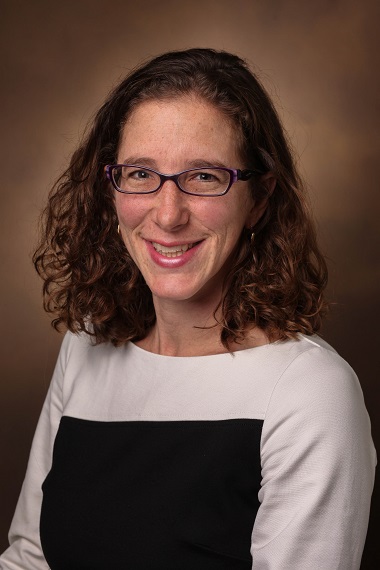
Rachel Sobel, M.D.
- Associate Professor of Opthalmology
Rachel Sobel, M.D.
- Associate Professor of Opthalmology
rachel.k.sobel@vumc.org


